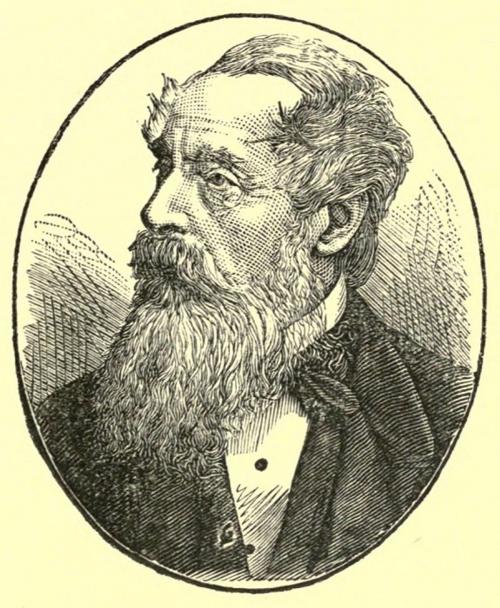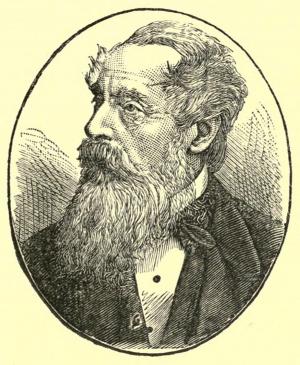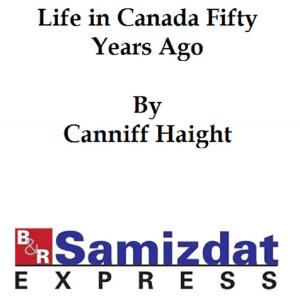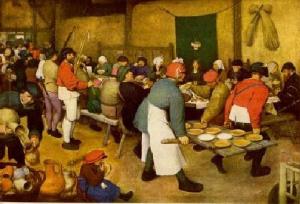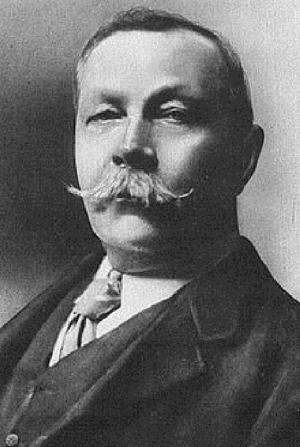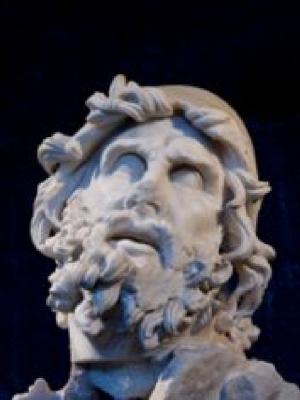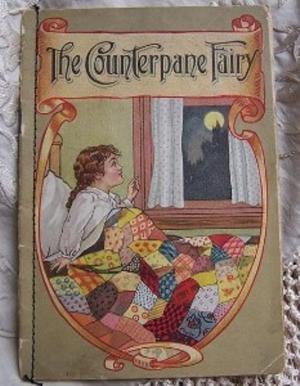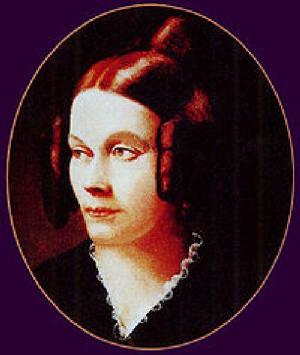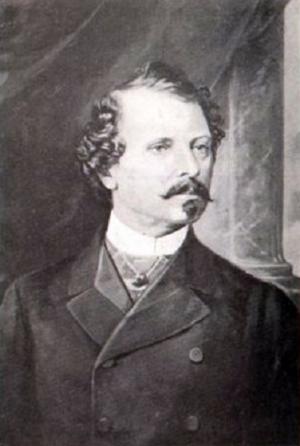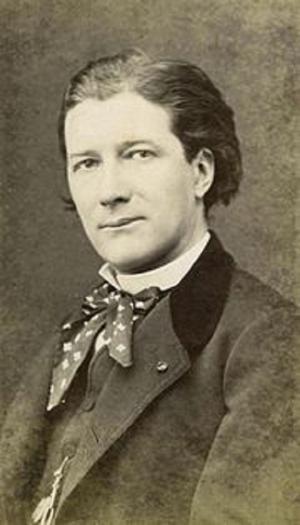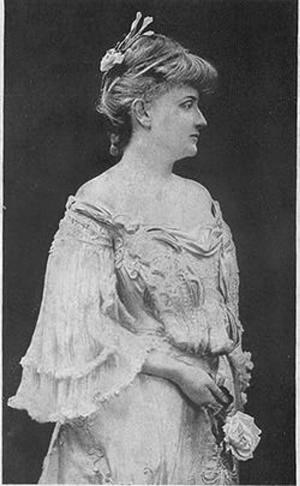The Wanderers or Adventures in the Wilds of Trinidad and Up the Orinoco
Fiction & Literature, Classics, Kids, Teen, General Fiction, Fiction| Author: | Kingston, W.H.G. | ISBN: | 9781455366347 |
| Publisher: | B&R Samizdat Express | Publication: | June 10, 2015 |
| Imprint: | Quench Editions | Language: | English |
| Author: | Kingston, W.H.G. |
| ISBN: | 9781455366347 |
| Publisher: | B&R Samizdat Express |
| Publication: | June 10, 2015 |
| Imprint: | Quench Editions |
| Language: | English |
For political reasons the Macnamara family are forced to leave their old home in Pennsylvania, and elect to resettle in Trinidad. A big mistake because it is being administered by a bigoted Spanish religious government. The mother dies and is buried, but two Roman Catholic priests arrive with the intention of carrying out the funeral under their rites. So once again the family are displaced, this time for religious reasons. They escape to South America, and make their way into the Orinoco river. There follow innumerable adventures and near shaves of various kinds. But it was a mistake again, because the Spanish are administering the territory, and wish to root out anyone who has no business to be there. On escaping all this they hear that a new administration in Trinidad has abolished the malpractices of the Spanish priestly regime, and they are welcome to return. They sell the Trinidad plantation at a profit, and return to England,though always hankering after their original settlement in Pennsylvania. According to Wikipedia: "William Henry Giles Kingston (28 February 1814 - 5 August 1880), writer of tales for boys, was born in London, but spent much of his youth in Oporto, where his father was a merchant. His first book, The Circassian Chief, appeared in 1844. His first book for boys, Peter the Whaler, was published in 1851, and had such success that he retired from business and devoted himself entirely to the production of this kind of literature, in which his popularity was deservedly great; and during 30 years he wrote upwards of 130 tales, including The Three Midshipmen (1862), The Three Lieutenants (1874), The Three Commanders (1875), The Three Admirals (1877), Digby Heathcote, etc. He also conducted various papers, including The Colonist, and Colonial Magazine and East India Review. He was also interested in emigration, volunteering, and various philanthropic schemes. For services in negotiating a commercial treaty with Portugal he received a Portuguese knighthood, and for his literary labours a Government pension."
For political reasons the Macnamara family are forced to leave their old home in Pennsylvania, and elect to resettle in Trinidad. A big mistake because it is being administered by a bigoted Spanish religious government. The mother dies and is buried, but two Roman Catholic priests arrive with the intention of carrying out the funeral under their rites. So once again the family are displaced, this time for religious reasons. They escape to South America, and make their way into the Orinoco river. There follow innumerable adventures and near shaves of various kinds. But it was a mistake again, because the Spanish are administering the territory, and wish to root out anyone who has no business to be there. On escaping all this they hear that a new administration in Trinidad has abolished the malpractices of the Spanish priestly regime, and they are welcome to return. They sell the Trinidad plantation at a profit, and return to England,though always hankering after their original settlement in Pennsylvania. According to Wikipedia: "William Henry Giles Kingston (28 February 1814 - 5 August 1880), writer of tales for boys, was born in London, but spent much of his youth in Oporto, where his father was a merchant. His first book, The Circassian Chief, appeared in 1844. His first book for boys, Peter the Whaler, was published in 1851, and had such success that he retired from business and devoted himself entirely to the production of this kind of literature, in which his popularity was deservedly great; and during 30 years he wrote upwards of 130 tales, including The Three Midshipmen (1862), The Three Lieutenants (1874), The Three Commanders (1875), The Three Admirals (1877), Digby Heathcote, etc. He also conducted various papers, including The Colonist, and Colonial Magazine and East India Review. He was also interested in emigration, volunteering, and various philanthropic schemes. For services in negotiating a commercial treaty with Portugal he received a Portuguese knighthood, and for his literary labours a Government pension."
